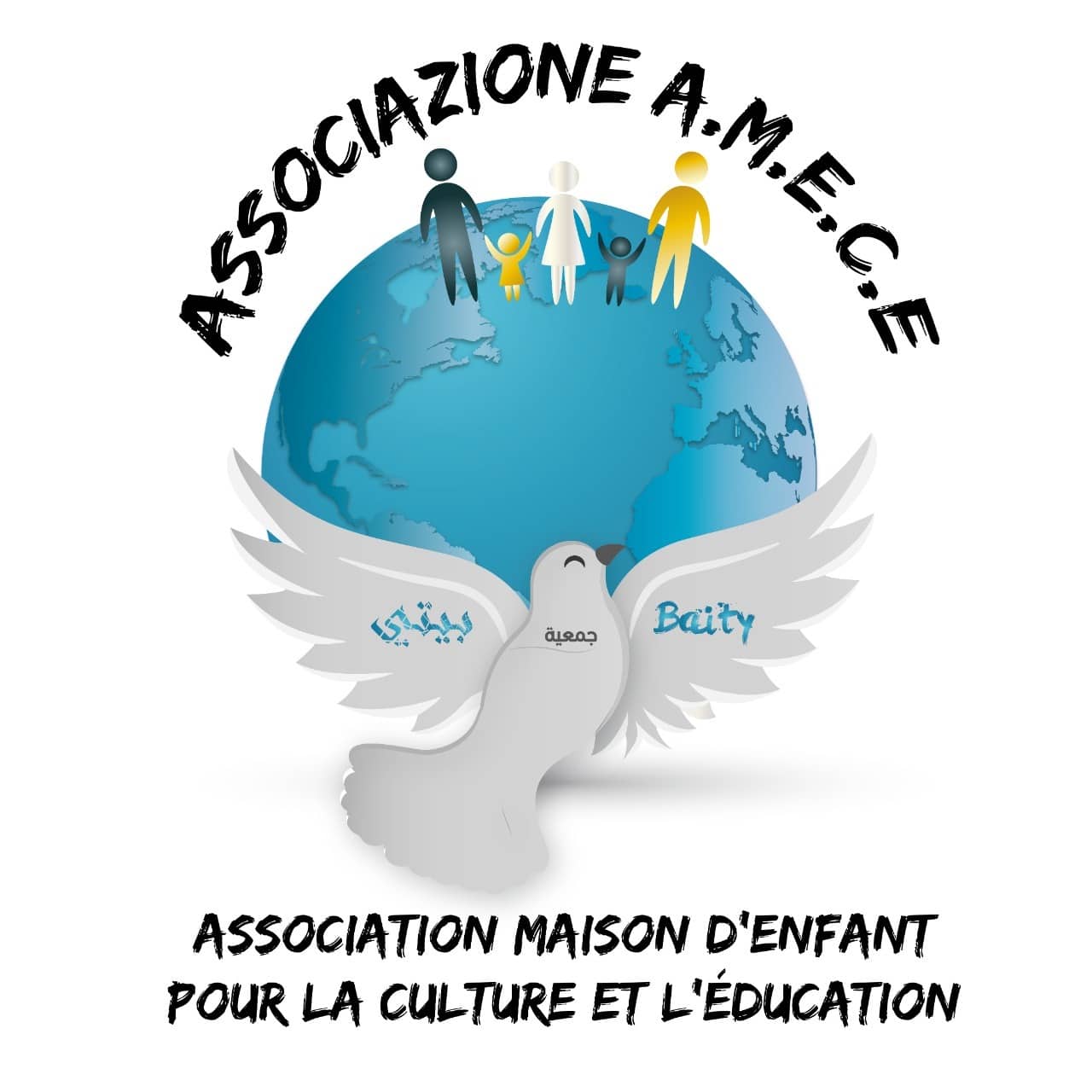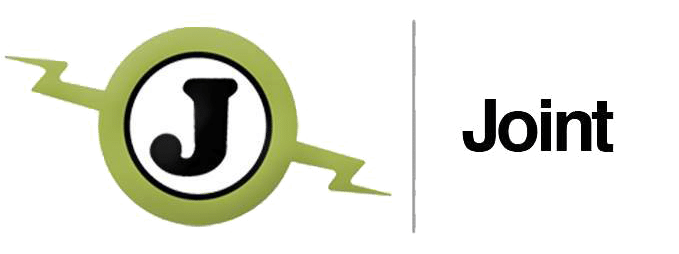YOUCAN

About the project
YOUCAN (YOUth with migrant dropout tackling: CApacity buildiNg) is a KA2 European Project whose aim is to contribute to triggering the modernisation and to reinforcing the response of education, training systems and youth policies considering the main challenges provided by the migrant youth school drop-out and social exclusion, by building the capacity of the consortium to work transnationally and with a cross-sector approach.
Objectives
The implementation of the project foresees the following achievements:
1) opened synergies and reinforced cooperation with local organisations/partners active in the fields of education, training and youth or in other socio-economic sectors, strengthening collaboration among all actors within schools, as well as with families and other external stakeholders;
2) an increased allocation of financial resources (other than EU funds) to organise EU/international projects in the field of education, training and youth;
3) an increased quality in the preparation, implementation, monitoring and follow-up of EU/international projects and increased capacity and professionalism to work at EU/international level( improved management competences and internationalization strategies).
Activities
In order to achieve its purposes, the project will be carrying out several activities:
1) 3 Transnational Project Meetings in Turin (Italy), Brussels (Belgium) and Milan (Italy);
2) 6 Organisation-to-Organisations tailored Trainings during which a participant will be taking part in a week of training in another organisation of the consortium;
3) 6 Local Multiplier Events and 1 Final Multiplier Event in Portugal, Italy, Spain, Greece and Belgium;
4)1 Learning, Teaching, Training event to train over the use of the Toolkit.
Outputs
The final output of the project are:
1) YOUCAN best practices publication: to identify best practices coming from projects that have focused on the importance of cross-sectoral cooperation to address youth with migrant dropout from school.
2) YOUCAN toolkit publication: the toolkit will train members of the participating organisations in increasing the quality in the preparation, implementation, monitoring and follow-up of EU/international projects and increased capacity and professionalism to work at EU/international level by better knowing the project cycle management.
PROJECT PARTNERS
The European Centre for Economic and Policy Analysis and Affairs (ECEPAA) is a Belgian non-profit research organisation founded in 2011. It is specialised in the development of European Union projects in the fields of social inclusion, education, youth and migrant. The association, thanks to the use of funding from different programs, aims to contribute to the knowledge of topics related to social exclusion, the persistent difficulties of the marginalised population due to economic, cultural, class, race and gender reasons. We are aware that sharing this knowledge through a bottom-up approach can contribute to a better management of the above-mentioned issues. The association is organised on a voluntary basis and is governed by a board composed of three people.

The Association Maison d’Enfant pour la Culture et l’Education is a social promotion NGO based in Turin since 2000; its activities aim to understand and address the needs of children, teenagers and young adults with migrant backgrounds, most of them originally from north African countries. The organisation seeks to foster the growth and education of the new generations, starting from their extra-curricular and social education. In particular, AMECE works in order to raise awareness in migrant families about their children’s needs, offering targeted action in school support, promoting opportunities for discussion and intergenerational dialogue and pushing for intercultural social education in the local community.
The school is located in Greece and was founded in 1984. It serves about 600 students aged 16 – 19 with 80 teachers and comprises four different sectors (Informatics, Healthcare & Welfare, Agriculture/Food Technology/Nutrition and Business/Economics). The school includes a number of specialised teaching laboratories for each department and is equipped with modern ICT infrastructure.
Joint is one of the biggest and most innovative Youth Association in Italy. It is the Italian member of ICYE global network, the coordinator of the Italian Network for European Volunteering (RIVE) and the coordinator of an informal network recognised by the European Union, counting on 232 international partners. Joint focuses on providing learning opportunities to young people through international experiences such as European Solidarity Corps, International volunteering, Work Camps, local and international Training Courses, Youth Exchanges and Capacity Building Projects focusing on advocacy, active participation, intercultural learning, social entrepreneurship and sustainable tourism. Associazione Joint was founded in December 2003 and its mission is to provide non-formal education opportunities for young people through international mobility.
AidLearn, created in December 2003, resulted from the union of professionals with diversified background in the fields of Management, Economics, Human Resources Management, Social Sciences, Social Psychology, Organisational Behaviour and Intercultural Relations. It is a Training, Research-Action and Consulting Company, which operates at local, national and European Union level, dedicated to the design, implementation and evaluation of studies, projects and training activities that promote individual, organisational or local development. It aims for contributing to a better qualification of Portuguese HR by building up a learning organisation concerned with the equality of opportunities, providing quality and innovative services targeted to actual needs of organisations and individuals, and by internally developing a strong commitment and team working.
Founded in 1899, the Chamber of Commerce and Industry of Cáceres (Camara Oficial de Comercio e Industria Cáceres) is a Public Law Body, whose main aim is to defend the general commercial and industrial interests of the province of Caceres. The Chamber is run by a group of 29 entrepreneurs who are elected every four years by all the entrepreneurs from the Province of Caceres. They represent the Assembly which defines all the general objectives to be reached. In this one, the President and the Executive Board are elected. The Assembly is composed of workers commissions whose aim is to closely analyse the problems of the economic sectors and to define the objectives in detail. A group of employees and technicians headed by the General Manager oversees its starting and implementation. People, citizens, or juridical persons, who practice commerce or industry in the province of Caceres, belong to the Chamber.
FOLLOW US





